What you do in your garden will change with the season, whether it’s spring, summer, fall, or winter. Knowing this allows you to plan and maintain the kind of garden you want. Even seasonal work in the winter can have a massive impact on your garden the following year. We recommend starting with one season, learning and implementing the best practices, and then doing the same with another season.
-
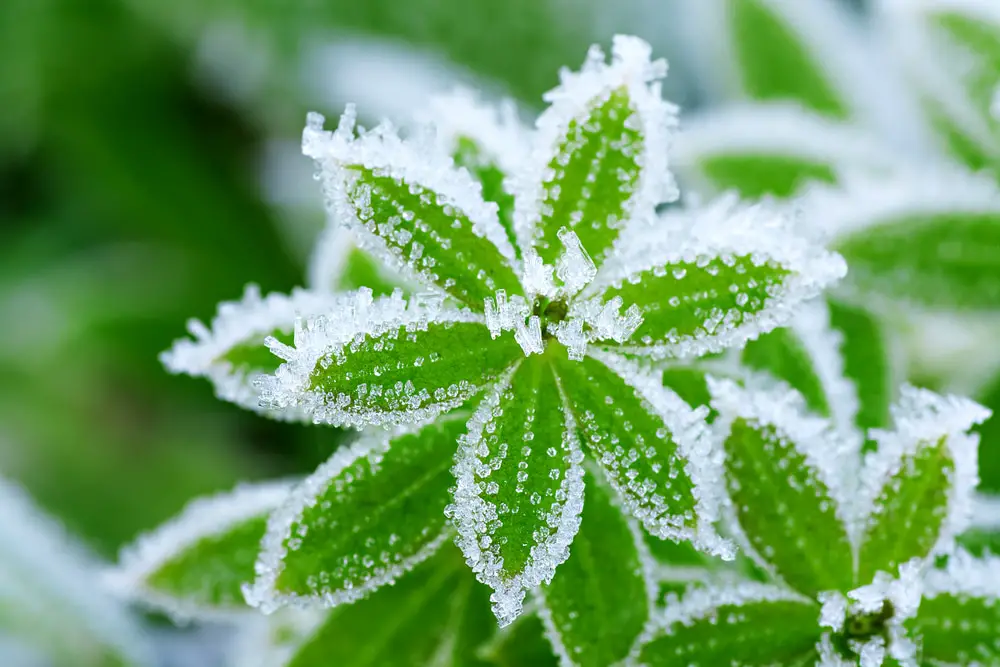
Protect Plants from Frost: Essential Tips for Home Gardeners
Discover essential tips for protecting your plants from frost in our comprehensive guide for home gardeners. Learn effective strategies to safeguard your garden and ensure vibrant growth, even in chilly temperatures
-
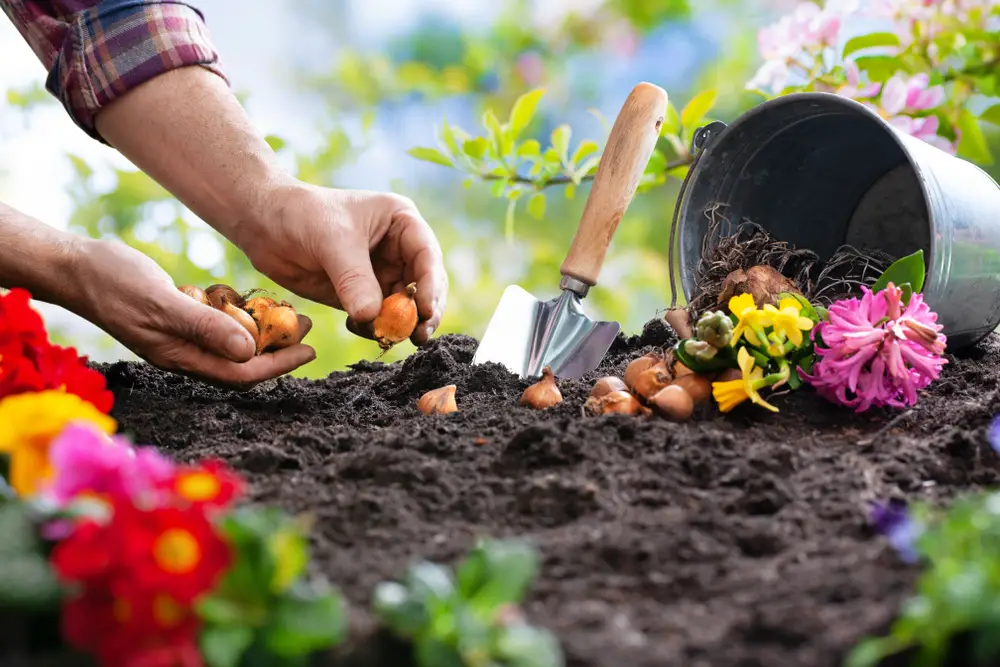
How To Plant And Grow Summer Bulbs In The Spring: Step-By-Step
Few flowers are as showy and glorious as those shooting up from a summer-blooming bulb. Planting bulbs is neither laborious nor difficult.
-
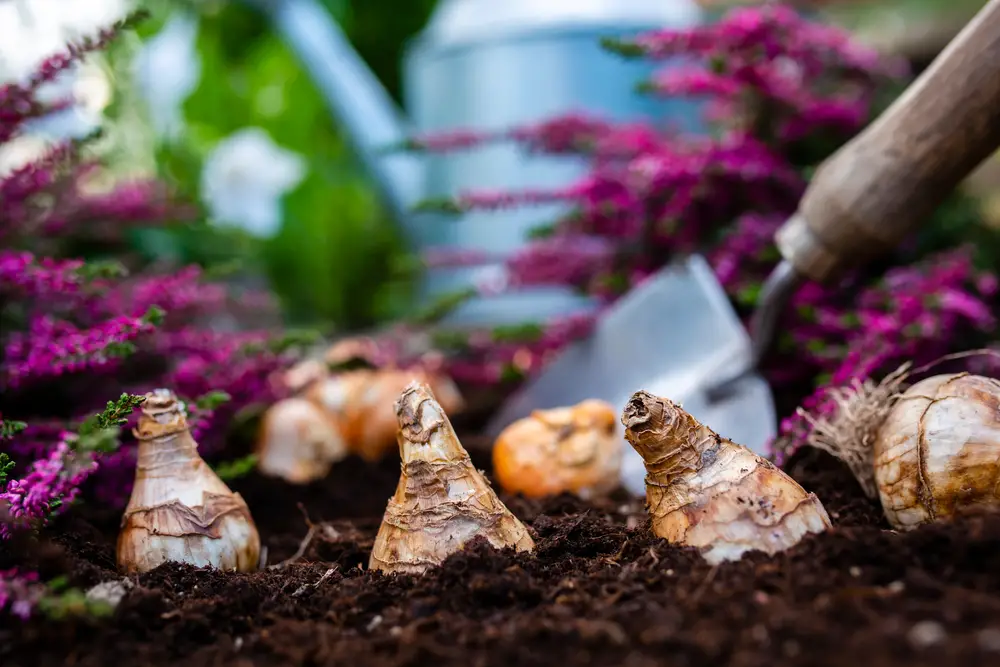
How To Plant And Grow Spring Bulbs In The Fall: Step-By-Step
Planting bulbs in the fall for you to enjoy in the spring is an easy and highly rewarding garden job. No other addition will make the color impact to your garden that spring-blooming bulbs do.
-
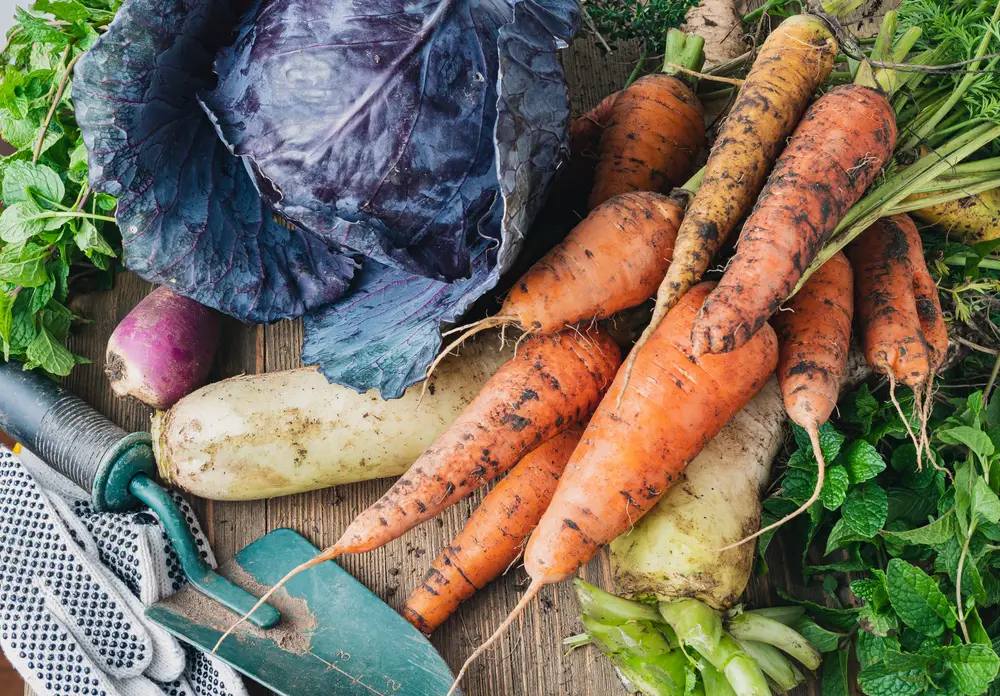
10 Best Vegetables To Grow In The Winter
Growing vegetables in the winter can be difficult, but it gets easier when you know the best ones.
-
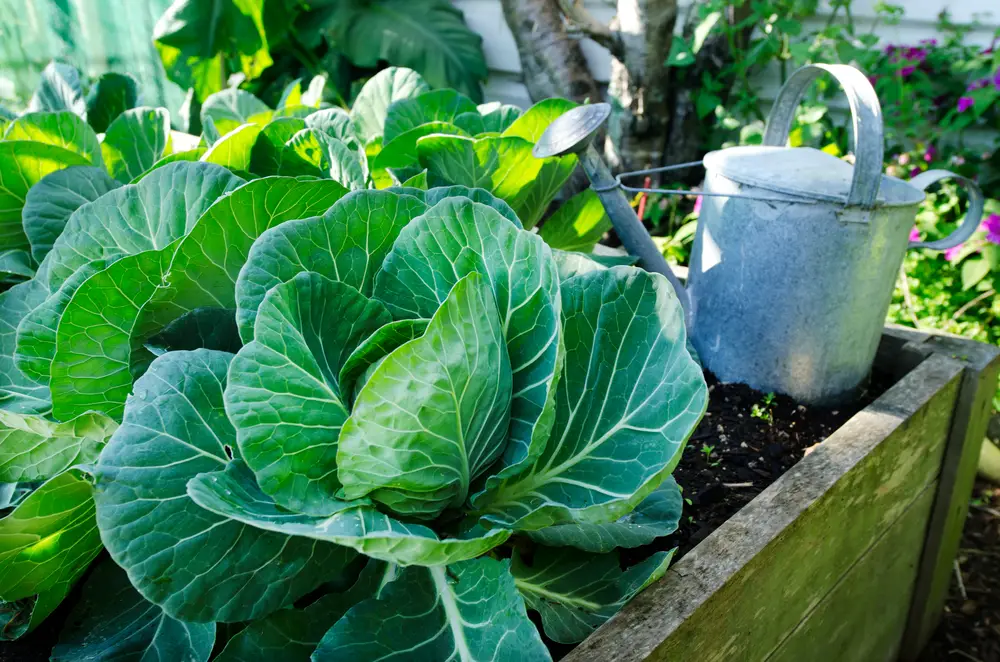
How To Maintain Your Vegetable Garden Throughout Every Season
Maintaining your vegetable garden requires different steps for each season. But each step is essential to the health and growth of your vegetable garden.
-
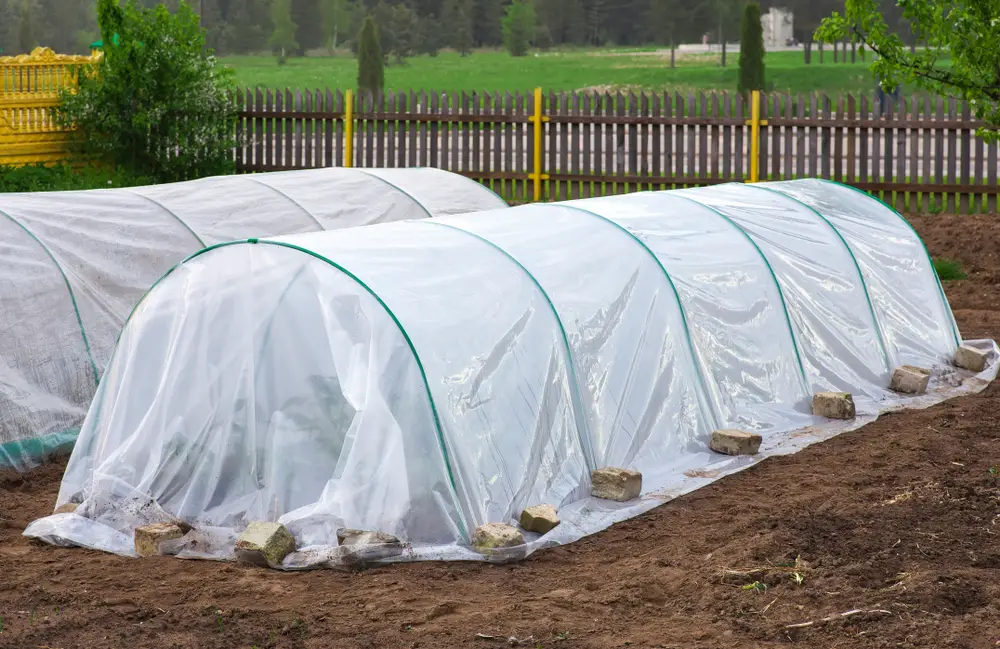
How To Protect Your Vegetable Garden From Frost
Let’s dive into what you can do to protect your vegetable garden from frost. The good news is these are the best tips and quickest methods gardeners commonly use, so you’ll be able to implement them quickly, too.
-
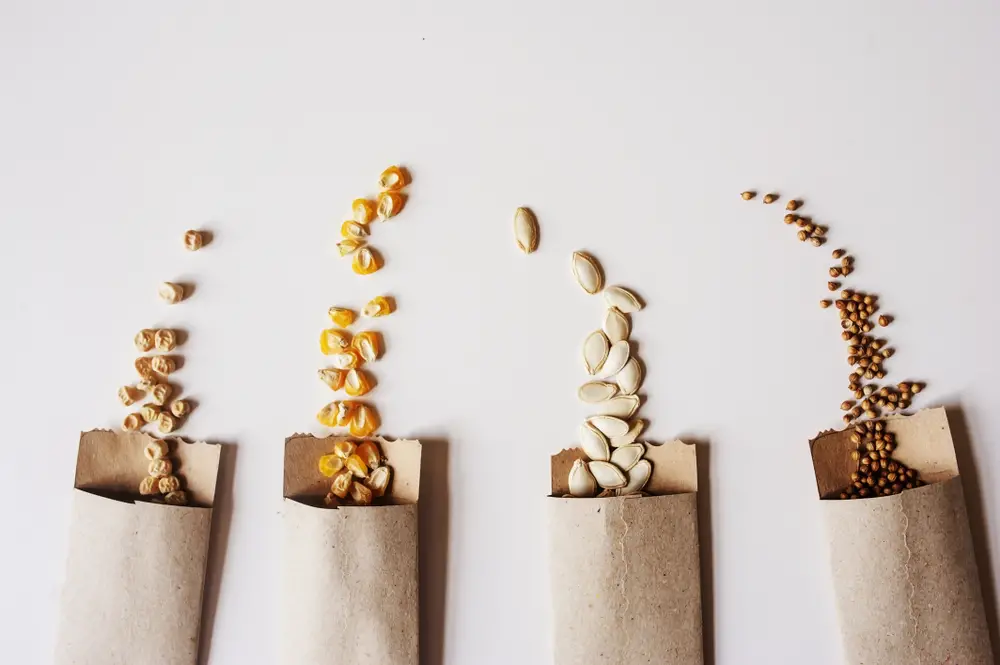
Everything To Know About How To Save Your Seeds For Next Year
A seed is the beginning and the end of your plant’s life cycle. So, seed saving may be for you if you like bringing things full circle. Seed saving is also very practical since you’ll be stocking up for your garden next year.
-
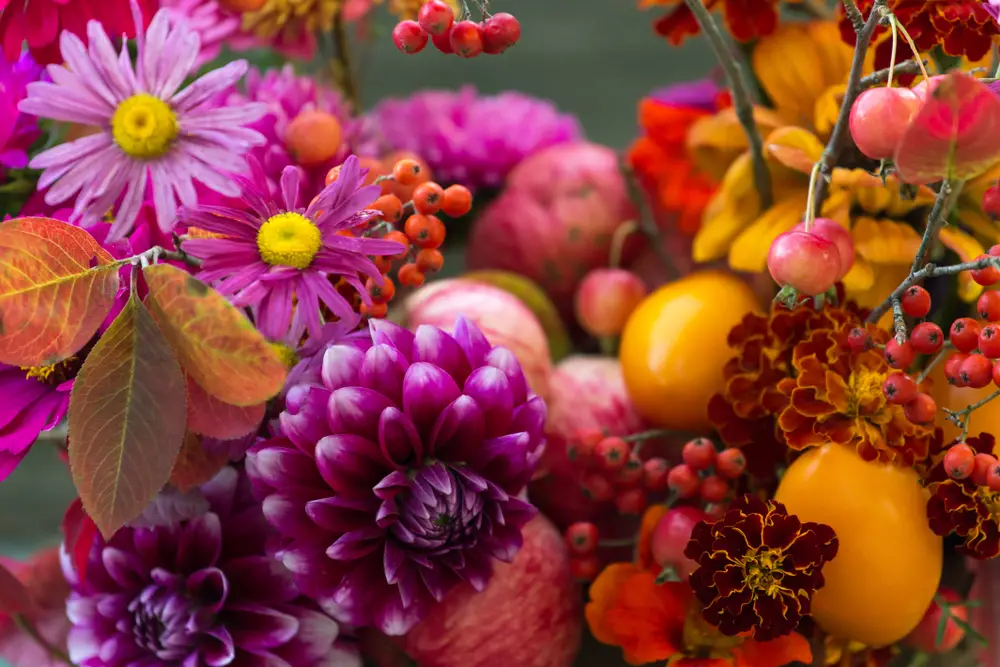
The 22 Best Fall Flowers For Your Garden
For the longest time, I believed I could only have a blooming garden in spring and summer, but I was wrong. Many flowers bloom in the fall. So, what are the best fall flowers for your garden?
-
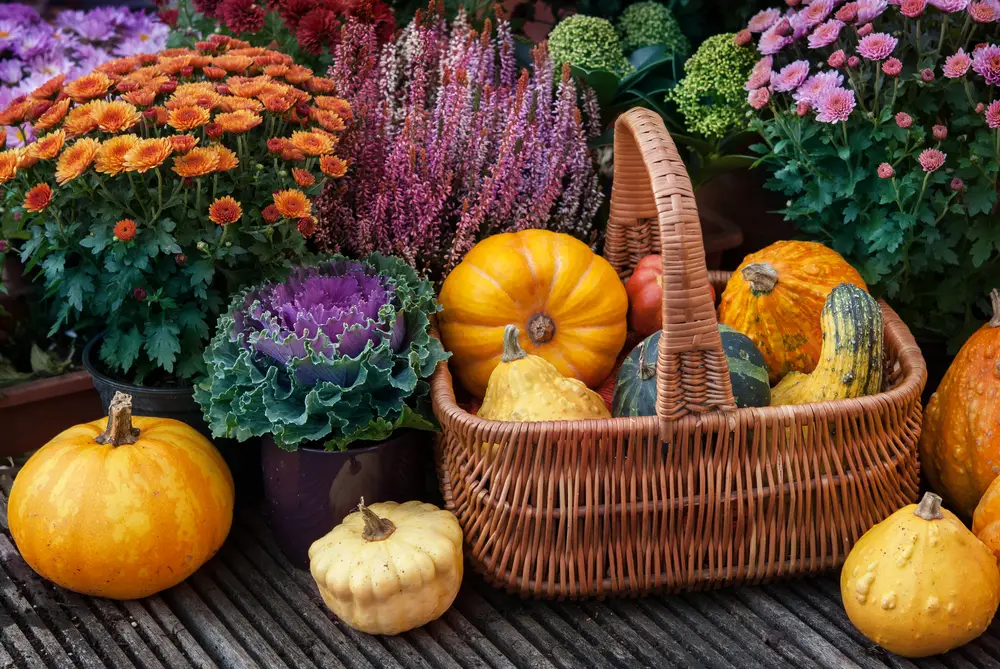
7 Benefits Of A Fall Garden
I love spending time in my garden, and I’m often disappointed when all the fun is over at the end of summer. But it doesn’t have to be! A fall garden has many benefits, but just what are they?
-
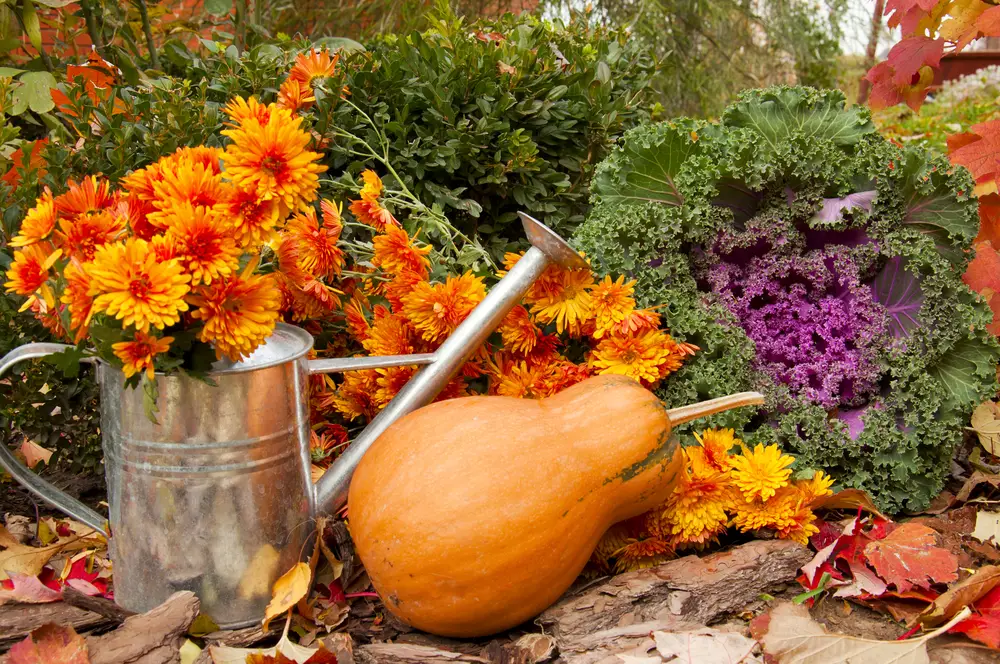
Is A Fall Garden Worth It?
A fall garden is an exciting garden type that has lots of benefits for those who create one. However, does that mean a fall garden is worth it?
-
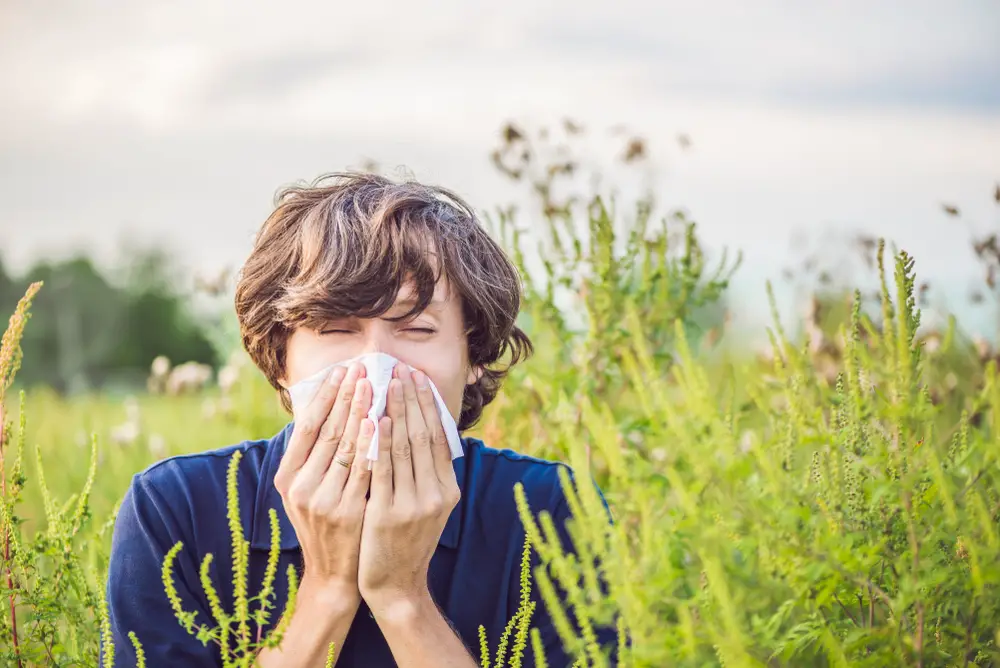
When Does Pollen Season Start (And What To Do When It Does)?
Have you ever wondered when pollen season starts? Knowing this information is incredibly beneficial to anyone who has a pollen allergy. So, here’s when pollen season starts and what to do about it when it does.
-
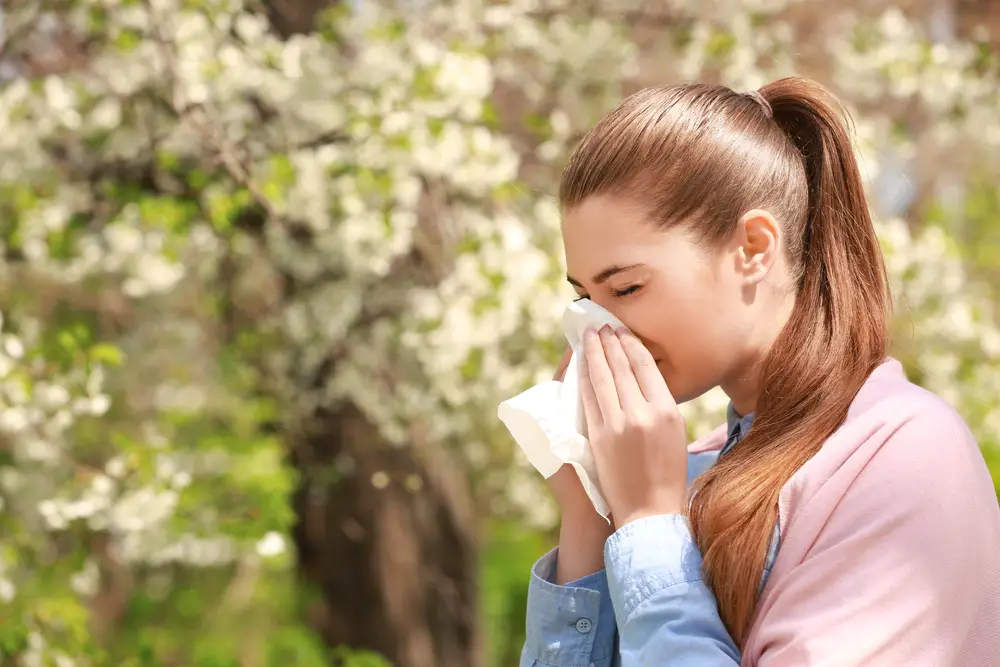
The Truth About Whether Or Not Pollen Is Bad For You
If you’re anything like me, you’ll start sneezing and get itchy at the beginning of pollen season. It’s pretty unpleasant, and I’ve long wondered whether my pollen allergy could be more severe than first thought. But it’s a natural substance, so is pollen actually bad for you?
-
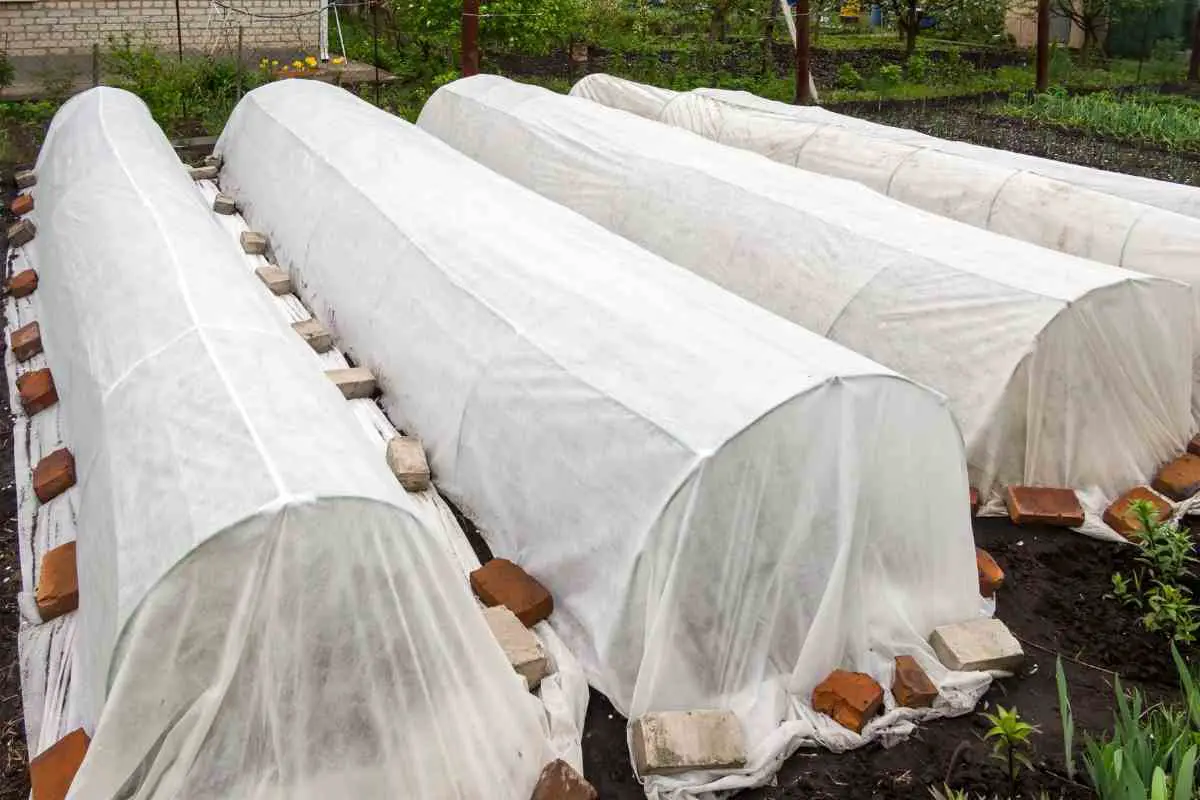
Should I Cover My Garden In The Winter
It is essential to take precautionary measures when the cold weather sets in. Some gardeners apply mulch to provide warmth to the plant, while others use synthetic fabrics. Whatever you use, ensure that it does not encourage the growth of weeds and the spread of diseases.
-
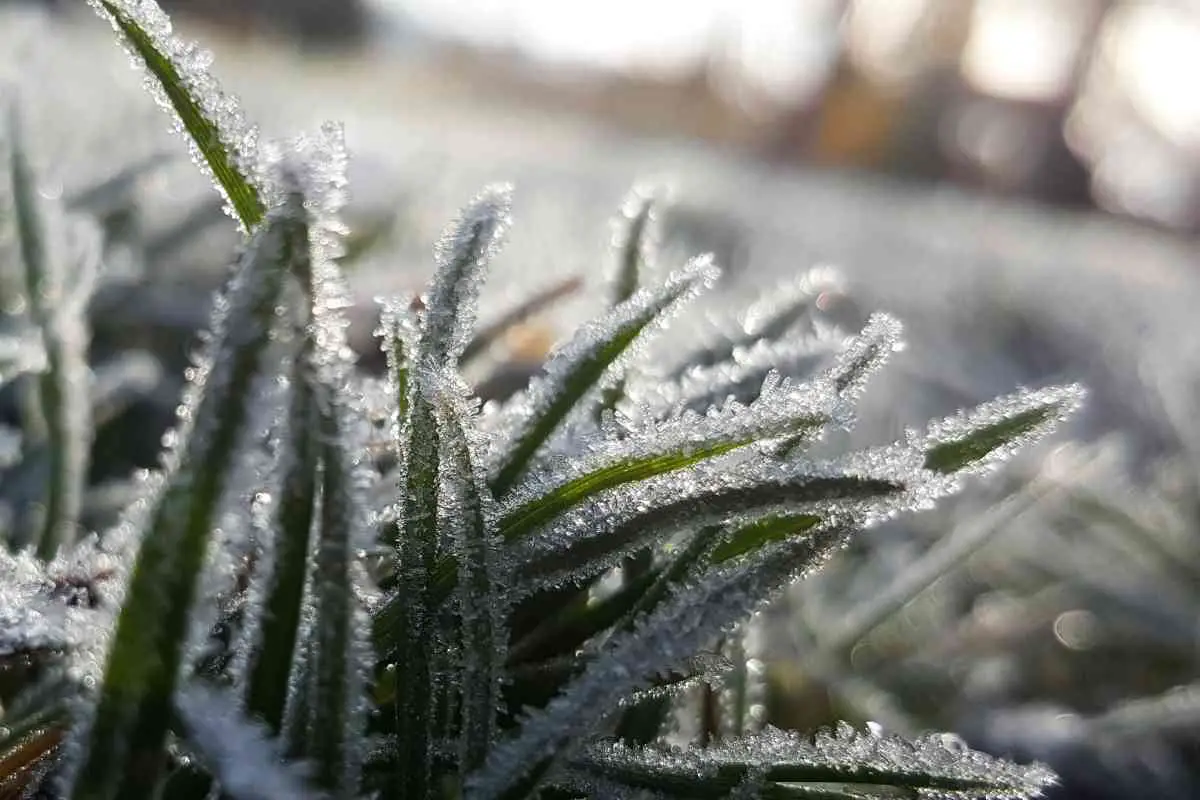
Does Grass Die In Winter
If you take care of your lawn, most grass varieties do not die in the winter. However, under harsh winter conditions, the grass turns brown and enters a dormant state. Once the temperatures start rising in spring, the grass resumes its growth.
-
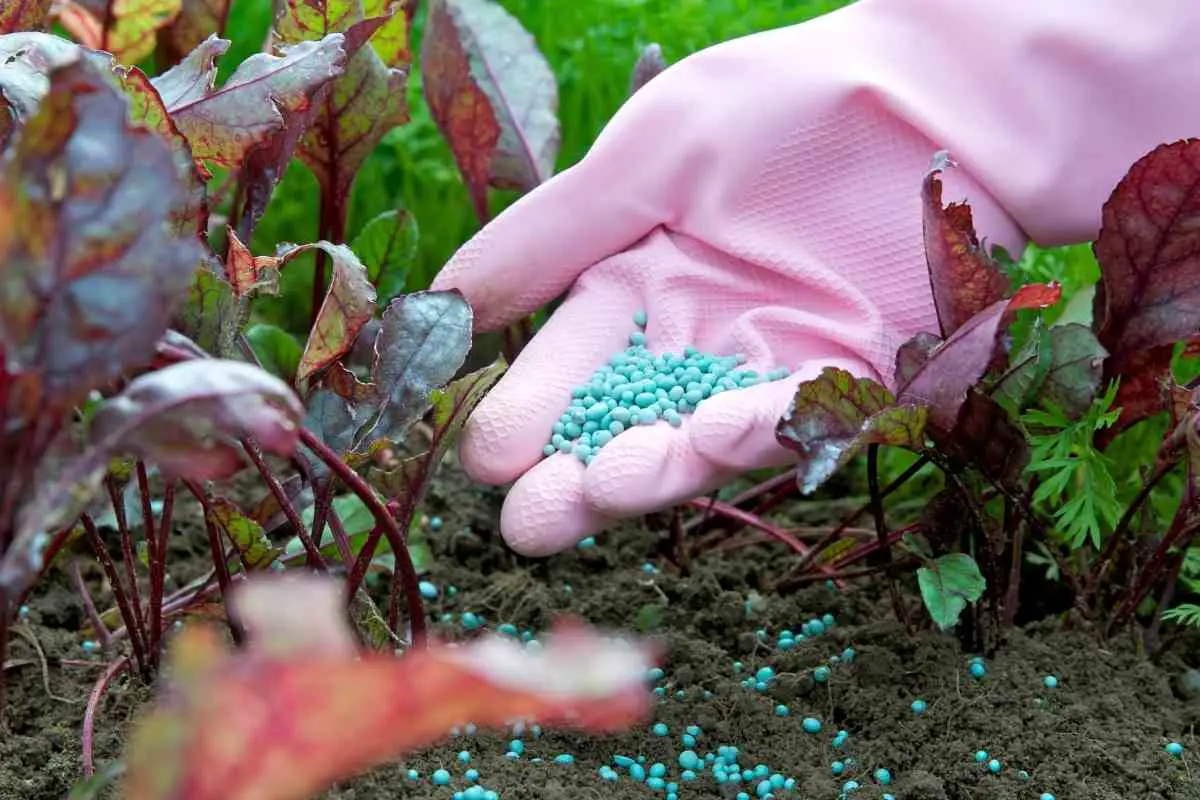
Winter Fertilizer Numbers Explained
Winter fertilizers (winterizers) usually have high Nitrogen and Potassium quantities. In particular, N to K ratio should be 2:1. For instance, the NPK ratio on the label can be 24:2:12. Notice that the phosphorous level should be minimal since it is not needed during winter.
-

Lavender In Winter Guide (What To Expect)
Lavender can survive in many regions. The plant can go dormant in winter and sprout back in spring. In most cases, it stays lush even when the temperatures are low.
-
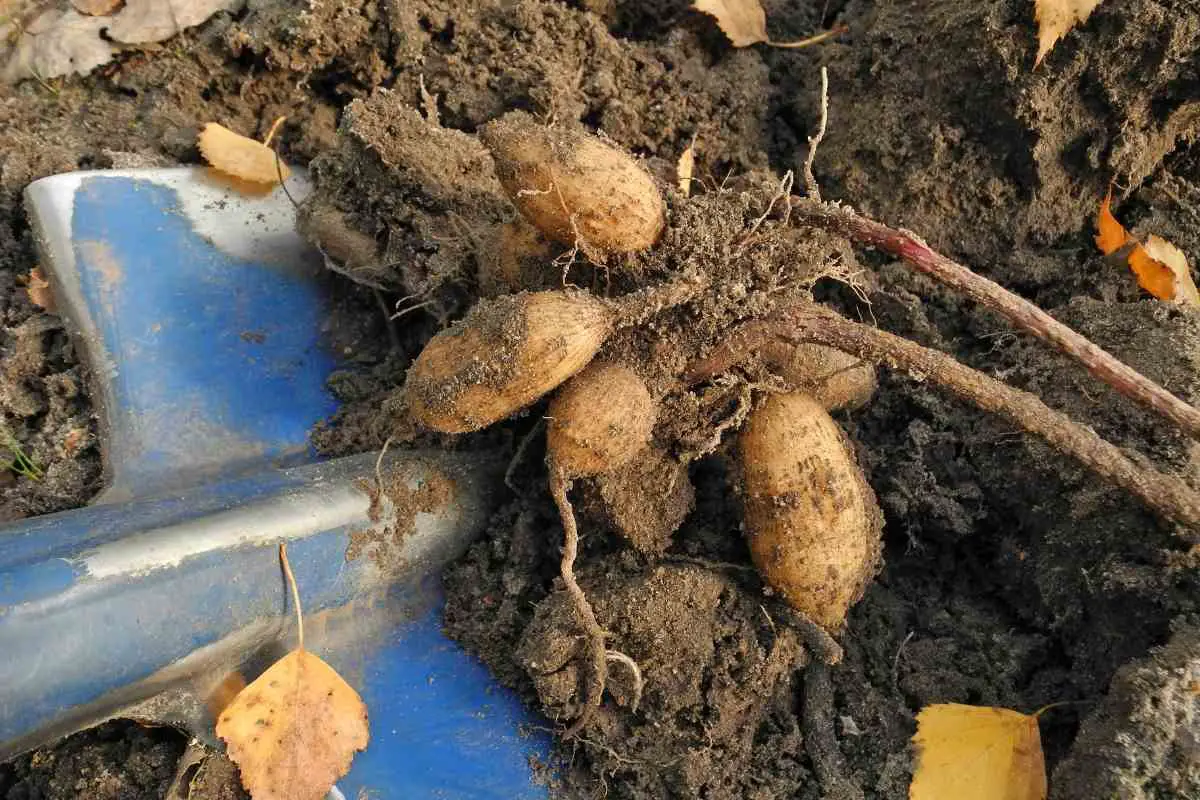
Can You Leave Dahlias In The Ground Over Winter?
If you live in zone 8-10, the winter temperatures are mild, so your dahlias can survive winter with little management. In zone 7, you may leave the tubers in the ground if the winter temperatures do not fall below 20 degrees F. Learn more here.
-
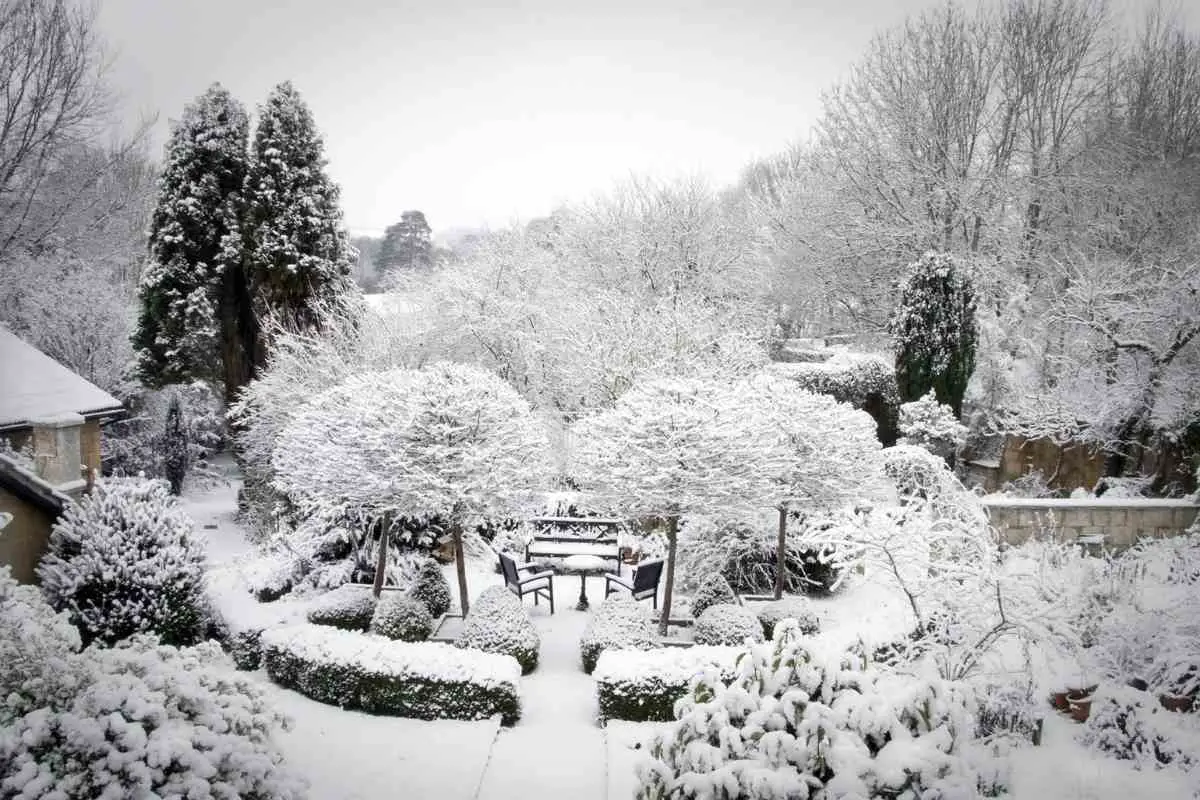
Do Trees Grow In Winter
Trees can grow and be healthy even in winter. However, they cannot grow in regions such as Dakota and Minnesota that experience below-freezing temperatures.
-
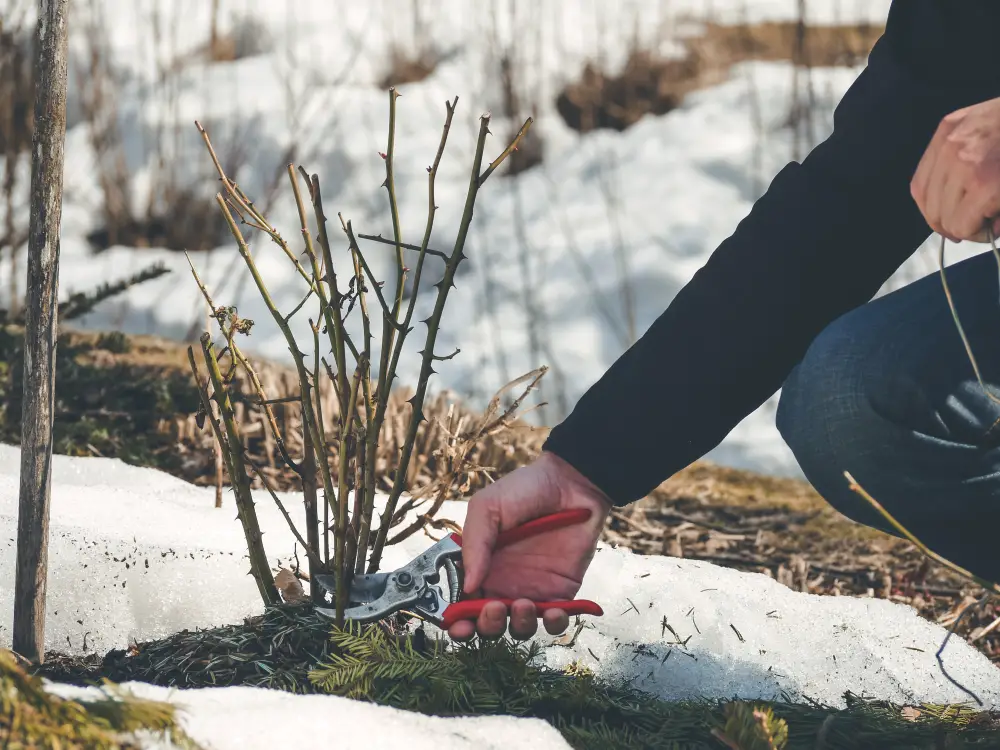
8 Essential Winter Gardening Jobs To Do Right Away
By the time it’s October in the northern hemisphere, days get noticeably shorter, and temperatures dip. Like many gardeners, you have likely finished one of the busiest parts of your growing season and are ready for a slower pace. However, don’t slow down too much. You still have a few tasks to help you have an even better garden next year.
-
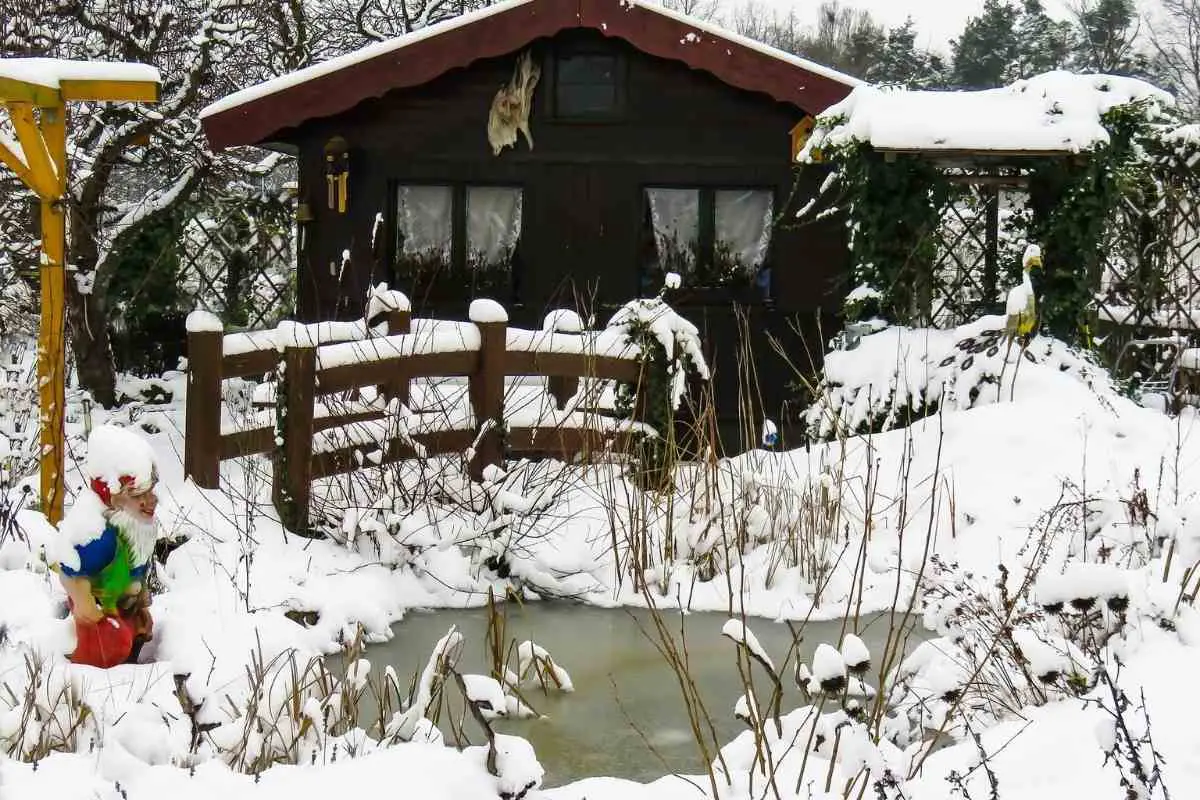
Do Pond Plants Die in Winter? (Overwintering Pond Plant Guide)
Preparing plants for the winter will depend entirely on the type of plants in your garden. This article will look at how you can winterize all types of pond plants.
-
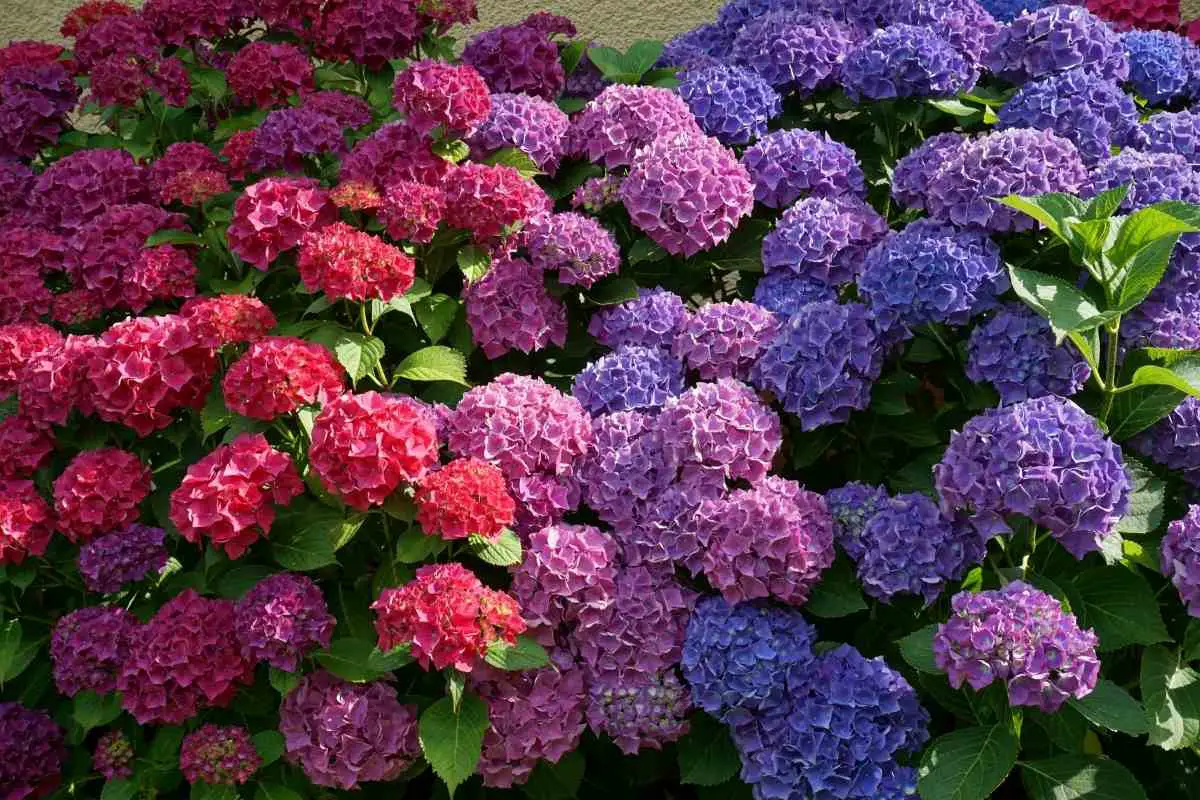
Seasonal Guide To Japanese Flowers
In this guide, we want to introduce you to some of the most stunning Japanese flowers by season. Sit back, grab a cup of coffee and let’s get started.
-
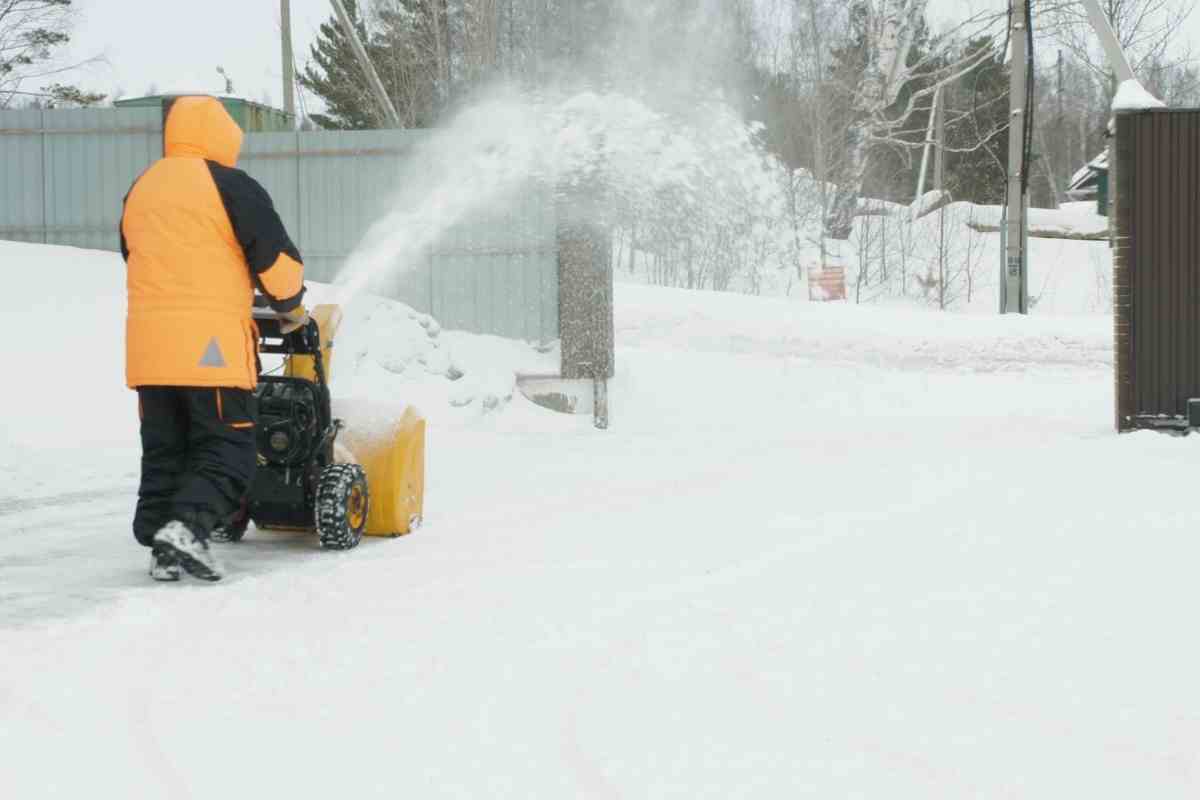
7 Best Snow Clearers and Snow Throwers
You’re going to see what type of snow thrower you need for your specific situation. Read our guide to learn more before you make the final decision.
-
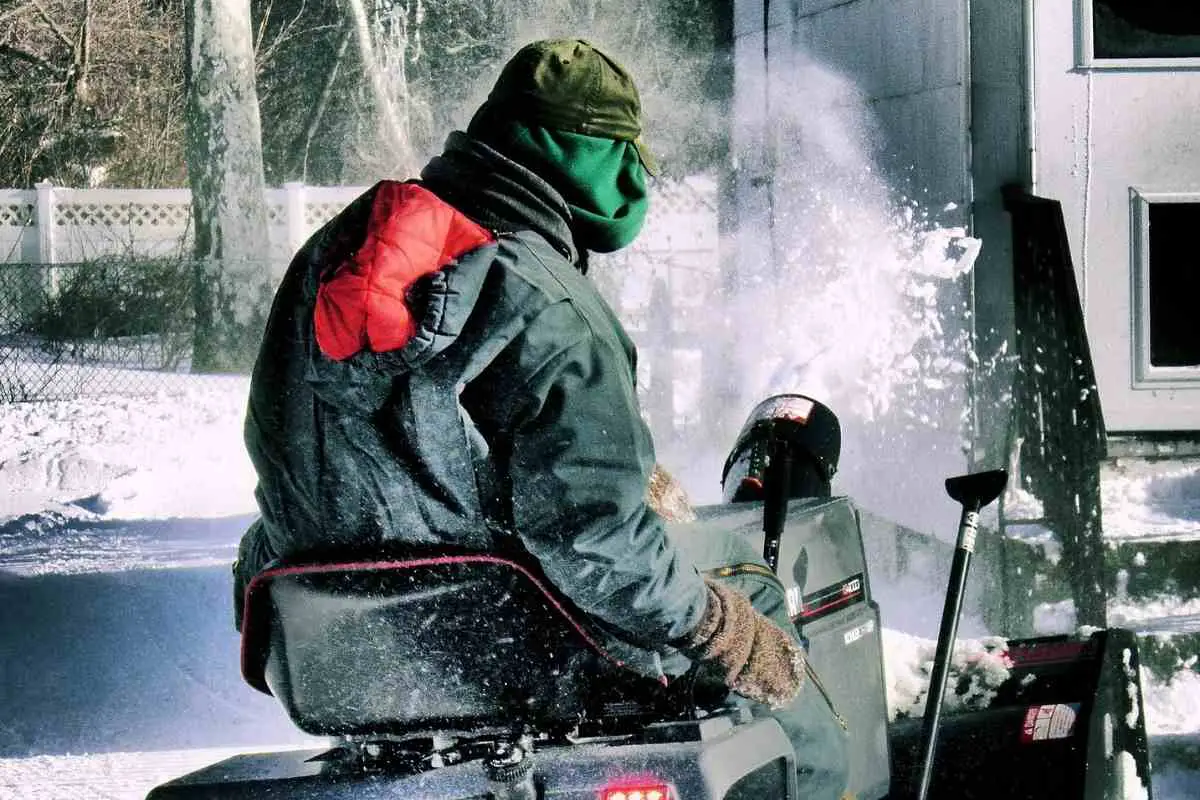
7 Best Lawn Tractor Snow Ploughs
Get ready for winter and consider having one of these beauties. Here are the seven best lawn tractor snow ploughs that will make your life easier. And more fun!
-
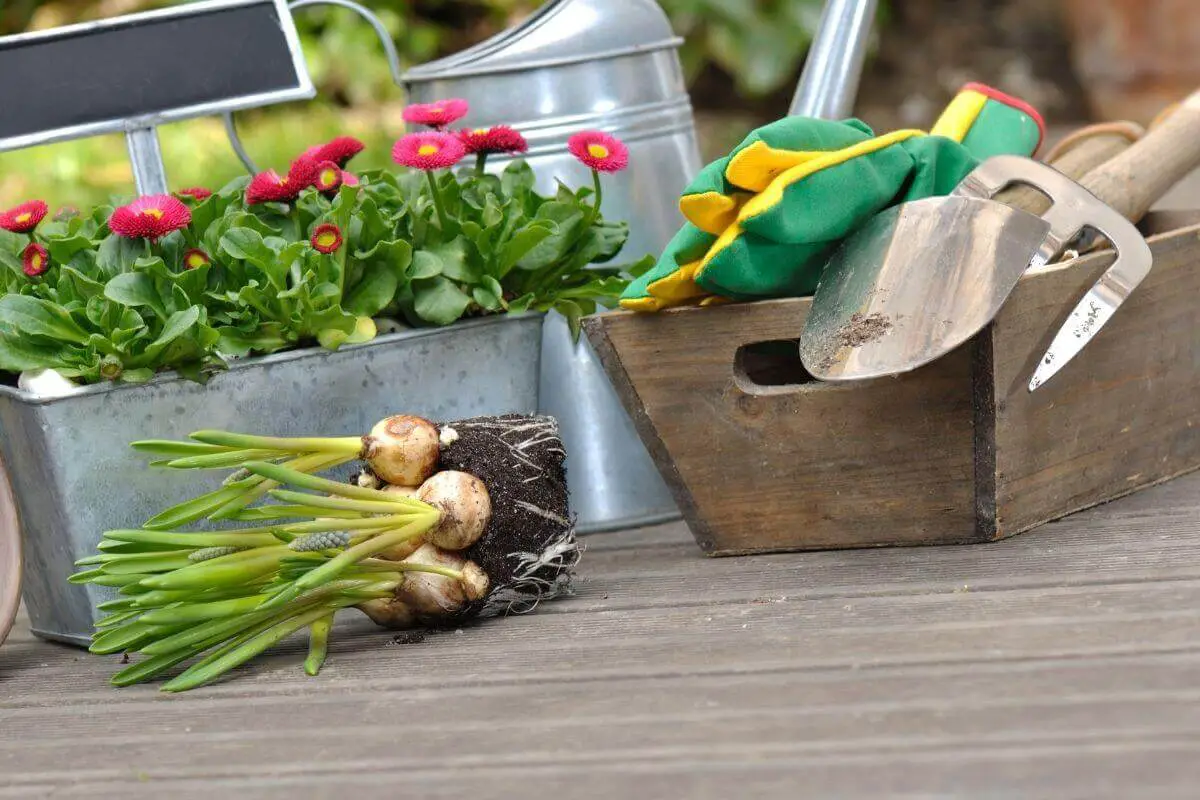
Flowering Bulbs by Month (Best Months to Plant)
Now is the time to plant flowering bulbs. No matter what time of the year it is, here are flowering bulbs you can plant this month.